We were lucky to catch up with Shradha Challa recently and have shared our conversation below.
Shradha , looking forward to hearing all of your stories today. Naming anything – including a business – is so hard. Right? What’s the story behind how you came up with the name of your brand?
We started as Rasa Chai—”Rasa” means tasty, and our goal was simple: bring authentic chai to the U.S. The name felt perfect because it reflected what we set out to do—share the flavors, warmth, and culture of chai in its most authentic form.
The idea for this company was born while I was studying at WashU, missing the chai I grew up drinking in India. My grandmother’s recipes were my inspiration, and I wanted to bring those traditions with me. What started as a simple idea quickly turned into something bigger. We began selling at farmers markets, brewing fresh chai and sharing our story with every cup.
As we grew, so did our vision. We expanded from a single product, Masala Chai, to a full lineup—three chai blends, ready-to-drink chai, chai kits, and masala soda. Along the way, I realized something important: South Asian beverages were deeply underrepresented. Chai was just the beginning—there were so many incredible drinks from our culture that deserved a place on the shelves. That’s when we decided to expand beyond chai and build a brand that represents South Asian beverages as a whole.
But as our vision grew, our name started to feel limiting. We weren’t just about chai anymore, but Rasa Chai made it seem that way. We needed a name that could represent our past, present, and future.
Of course, “Rasa” would have been perfect, but we quickly discovered that it was already trademarked. That realization led us to one of the hardest but most meaningful decisions—renaming our brand.
After countless hours brainstorming, Nari felt right. “Nari” means “woman” in Hindi, and it’s a tribute to the incredible women who have shaped my journey—especially my great-grandmother, whose name inspired Nari. This new name represents strength, tradition, and the bold flavors we bring to every cup.
While our name has changed, our chai, roots, and mission remain the same. We’re still here to bring bold, authentic South Asian flavors to more people—one sip at a time.
This is just the beginning, and I couldn’t be more excited to share this next chapter with you.

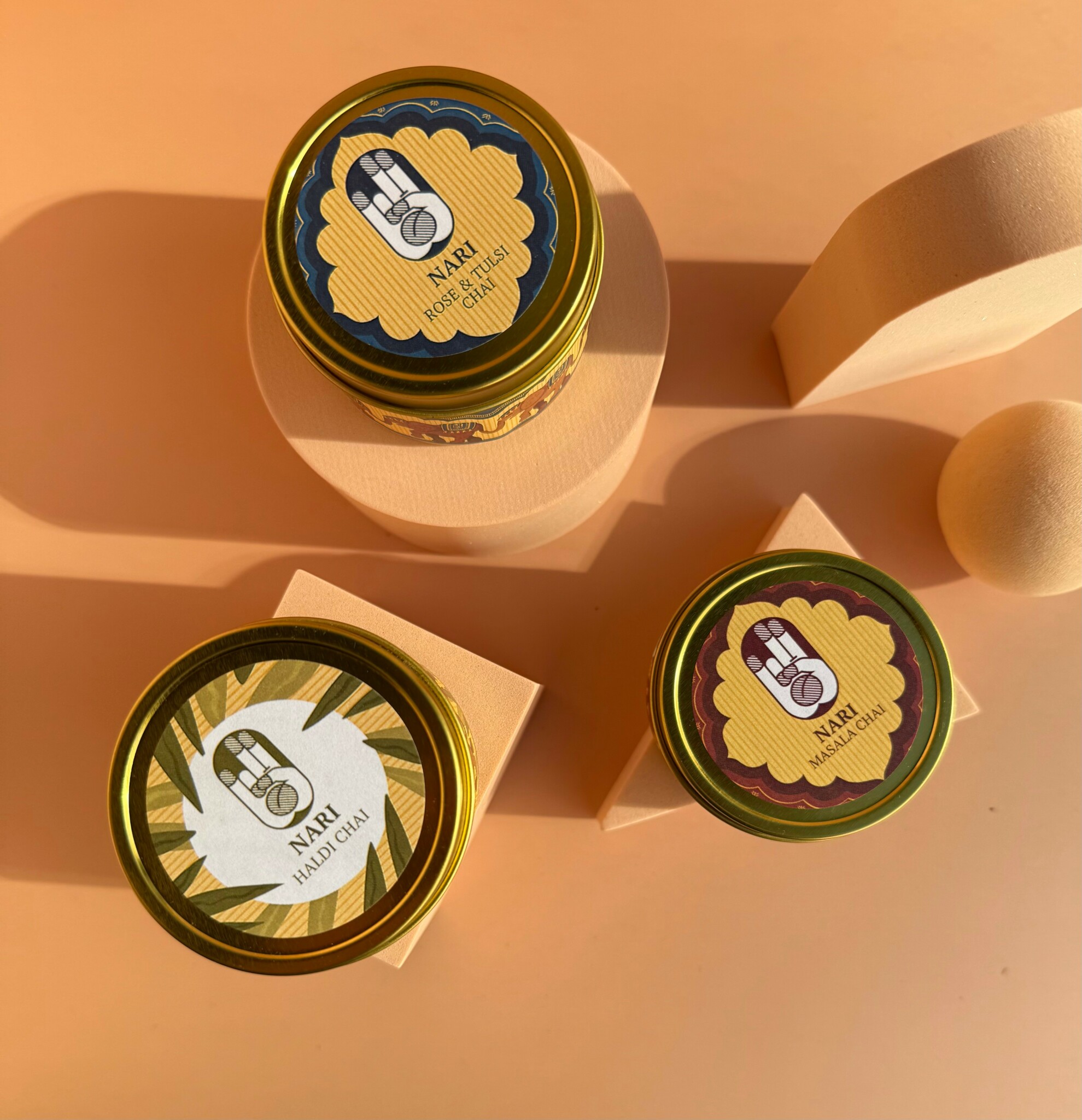
As always, we appreciate you sharing your insights and we’ve got a few more questions for you, but before we get to all of that can you take a minute to introduce yourself and give our readers some of your back background and context?
I’m Shradha, the founder of Nari, a brand dedicated to bringing bold, authentic South Asian beverages to a wider audience. My journey into this industry started with a deep love for chai—a drink that has always been more than just tea to me. It’s a daily ritual, a moment of connection, and a tradition passed down through generations in my family.
Growing up in India, I watched my grandmother brew chai with care, using fresh spices and real ingredients. When I moved to the U.S. for my MBA at Washington University in St. Louis (WashU), I found myself missing the chai I grew up with. Most chai available here was overly sweet, heavily diluted, or lacked the depth of spices that make chai special.
During an entrepreneurship class, I turned this personal longing into a business idea and launched Rasa Chai. I started by selling at farmers markets, brewing fresh masala chai and engaging directly with customers. The response was incredible—people loved the authenticity and bold flavors, and many shared that they had never tasted chai like this before.
Expanding the Vision: Beyond Chai
As I grew the brand, I realized that South Asian beverages as a whole were deeply underrepresented. Chai was just the beginning—there were so many culturally rich drinks that deserved a place on the shelves.
We expanded from just Masala Chai to include:
– Three chai blends (Masala, Turmeric, Rose & Tulsi)
– Chai Kits for a convenient at-home experience
– Ready-to-drink chai for an easy, grab-and-go option
– Masala Soda, inspired by the spiced sodas I grew up drinking in India
We also take pride in sourcing all our ingredients directly from India, ensuring authenticity and quality in every sip.
With this expansion, our name Rasa Chai started feeling limiting—it no longer captured the full vision of what we were building. While “Rasa” (which means “tasty”) would have been the perfect fit, it was already trademarked. That led us to a tough but exciting decision: rebranding.
Why Nari?
We wanted a name that truly represented our roots and mission. “Nari” means “woman” in Hindi, and it’s a tribute to the incredible women who have shaped my journey—especially my great-grandmother, whose name inspired Nari. This brand is built on the strength, wisdom, and traditions passed down by the women before me.
What Sets Nari Apart?
What makes us different is our commitment to authenticity and quality. Many chai products on the market are overly sweetened, made with artificial flavors, or lack the depth of spices that true South Asian chai has. At Nari, we:
✔ Source all ingredients directly from India for an authentic experience
✔ Use real, high-quality ingredients—no artificial flavors or shortcuts
✔ Stay true to South Asian traditions in our brewing and spice blending
✔ Create bold, flavorful drinks that truly represent the culture
What I’m Most Proud Of
I’m incredibly proud of what we’ve built and the recognition we’ve received along the way. I won the ICSC Roslyn and Elliot Jaffe Retail Entrepreneur Prize for Nari and was also a winner of the Skandalaris Venture Competition. But my biggest joy comes from seeing customers sample our products, sharing stories, and connecting with them at markets.
One of my favorite moments was being part of the Festival of Nations, where we served over 700 cups of iced chai in just two days! Seeing people experience authentic chai for the first time and hearing them say, “This tastes just like home” is what makes it all worth it.
What I Want You to Know About Nari
At the heart of Nari is a deep respect for heritage, authenticity, and bold flavors. Whether it’s a comforting cup of chai or a refreshing masala soda, every sip is a celebration of culture, connection, and tradition.
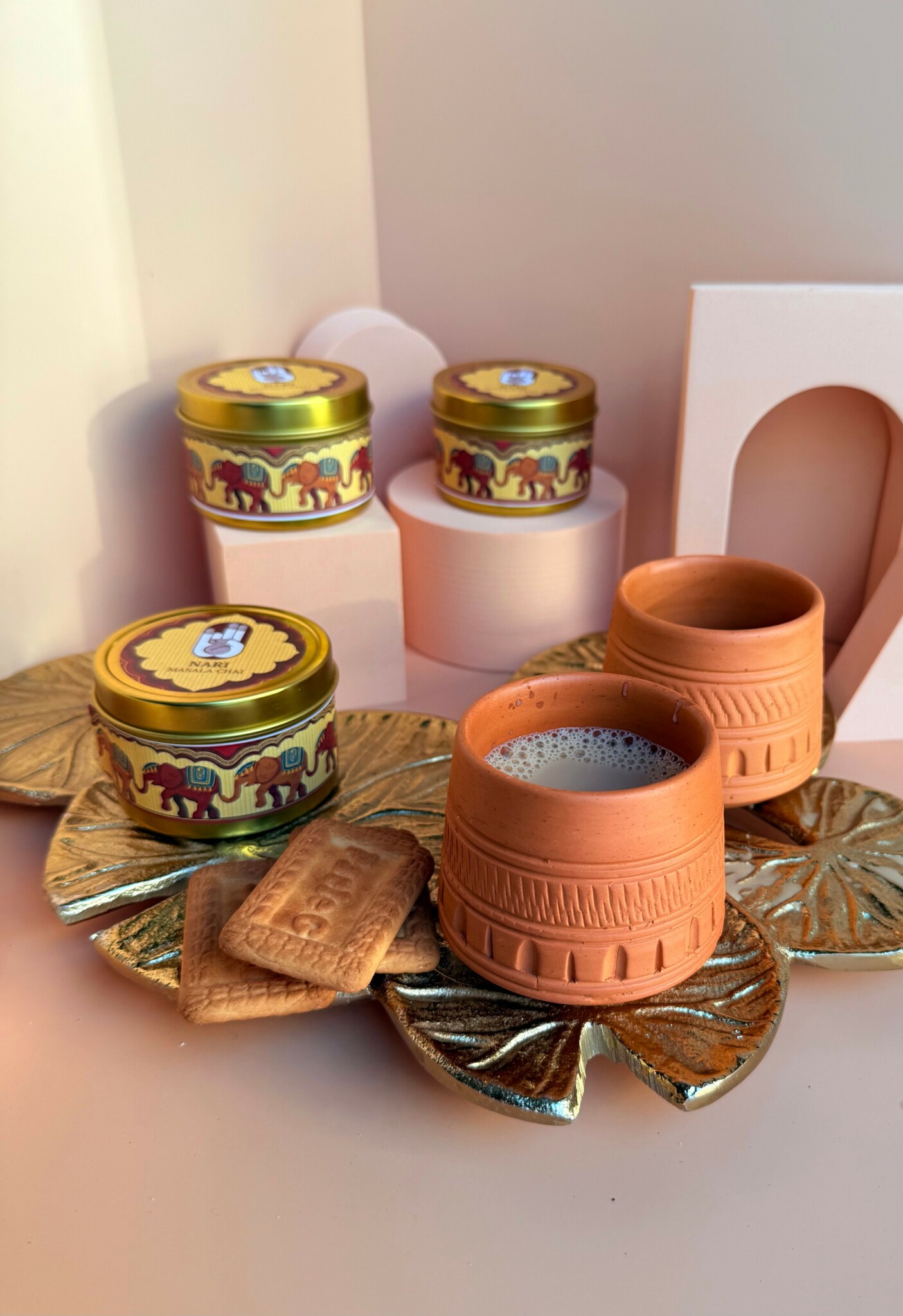
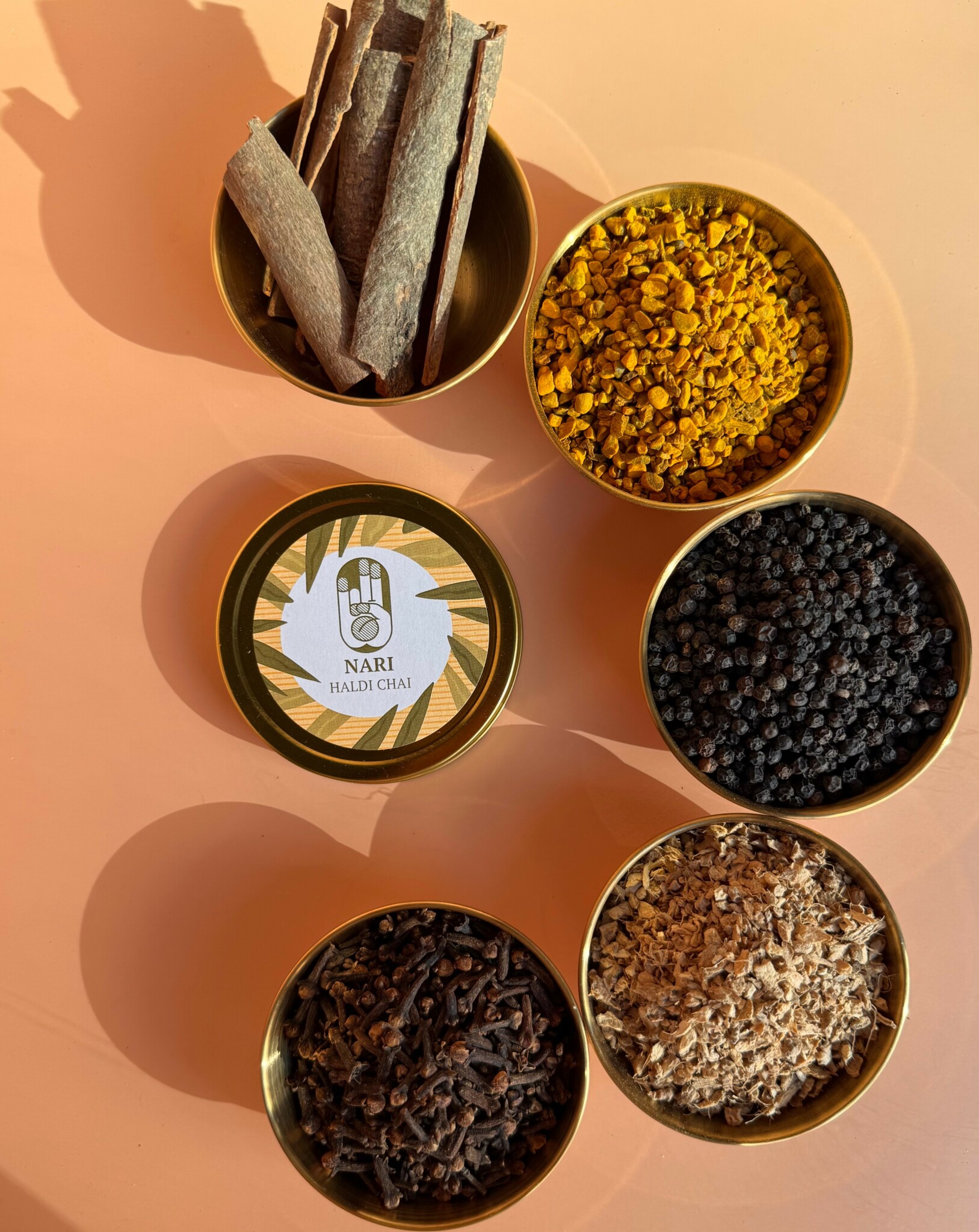
Can you share a story from your journey that illustrates your resilience?
One of the biggest risks I’ve taken was applying to Festival of Nations, a major cultural festival in St. Louis with over 300 food vendors. At the time, I had no farmers market experience and had only made $200-$300 in revenue from my chai business. The application fee alone was $1,800—a huge leap for me. I didn’t have the funds, so I borrowed the money from my parents, trusting that I could make it work.
In the months leading up to the festival, I had to figure everything out from scratch—how much chai to prepare, how to efficiently serve customers, and how to create a setup that would stand out. When the event finally arrived, the response was overwhelming. I ended up making 6x my initial investment in just two days, proving to myself that I was on the right path. That moment taught me the power of betting on myself and taking bold risks, even when I wasn’t 100% sure of the outcome.
That same mindset pushed me to take another risk—introducing Masala Soda, a spiced, carbonated drink inspired by what I grew up drinking in India. Unlike chai, which people were familiar with, Masala Soda was completely new to most customers. I wasn’t sure how it would be received, but I knew that South Asian flavors deserved a bigger space in the market. It took some explaining, and some sampling but once people tried it, they loved it.
Both of these experiences reinforced what I’ve learned about resilience: trust yourself, take the risk, and be willing to introduce something new, even if no one else is doing it yet.
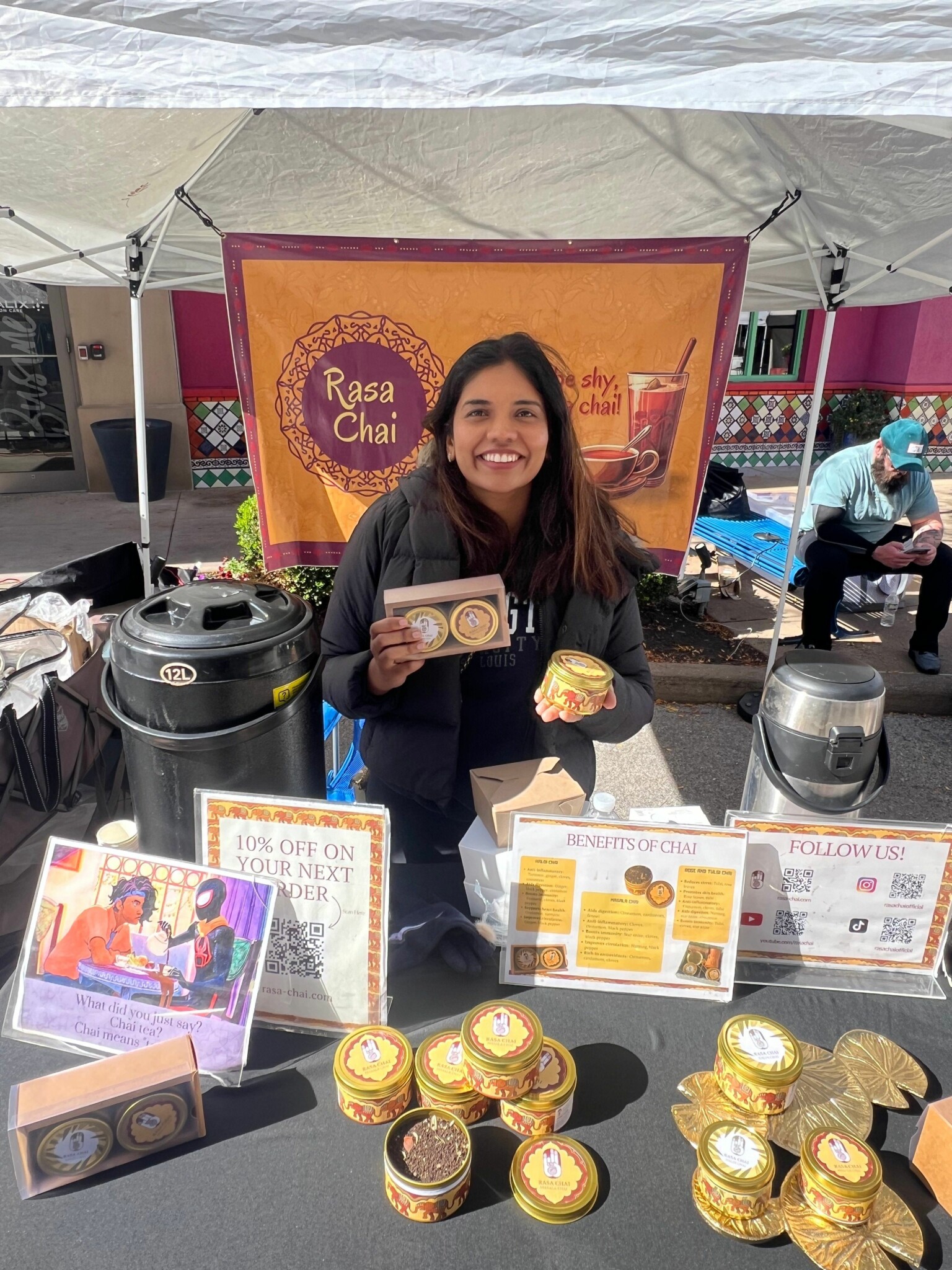

Have any books or other resources had a big impact on you?
One book that has significantly shaped my entrepreneurial thinking is The E-Myth Revisited by Michael Gerber. I first came across it when I received it as a Christmas gift, and while I had heard of it before, I didn’t realize just how much it would change my perspective on business.
Originally released in 1986, the book is decades old, yet its lessons are still incredibly relevant today. One of its biggest messages is about the importance of automation and systemization in business. Gerber explains that most small business owners unknowingly create a job for themselves instead of an actual business. Without clear systems in place, the business ends up relying entirely on the owner, making it impossible to scale—and eventually leading to burnout.
This idea resonated with me deeply because I’ve seen firsthand how easy it is to get caught up in the day-to-day operations instead of focusing on long-term growth. The book emphasizes that a business should be built with processes and automation, not just hard work. Otherwise, the owner becomes a slave to the business, constantly managing small tasks instead of stepping into the role of a true entrepreneur.
Reading The E-Myth Revisited shifted how I think about Nari. I realized that if I wanted to grow, I needed to systematize everything, even the smallest tasks. Whether it’s production workflows, fulfillment, or customer interactions, having processes in place makes a business scalable and sustainable.
This book is a must-read for any entrepreneur, whether you’re just starting or years into your business. It’s a reminder that success isn’t about working harder—it’s about building a business that can run without you.
Contact Info:
- Website: https://drinknari.com/
- Instagram: https://www.instagram.com/sipnarichai
- Linkedin: https://www.linkedin.com/company/rasa-chai/
- Youtube: https://www.youtube.com/@sipnarichai
- Other: Tik Tok : https://www.tiktok.com/@sipnarichai
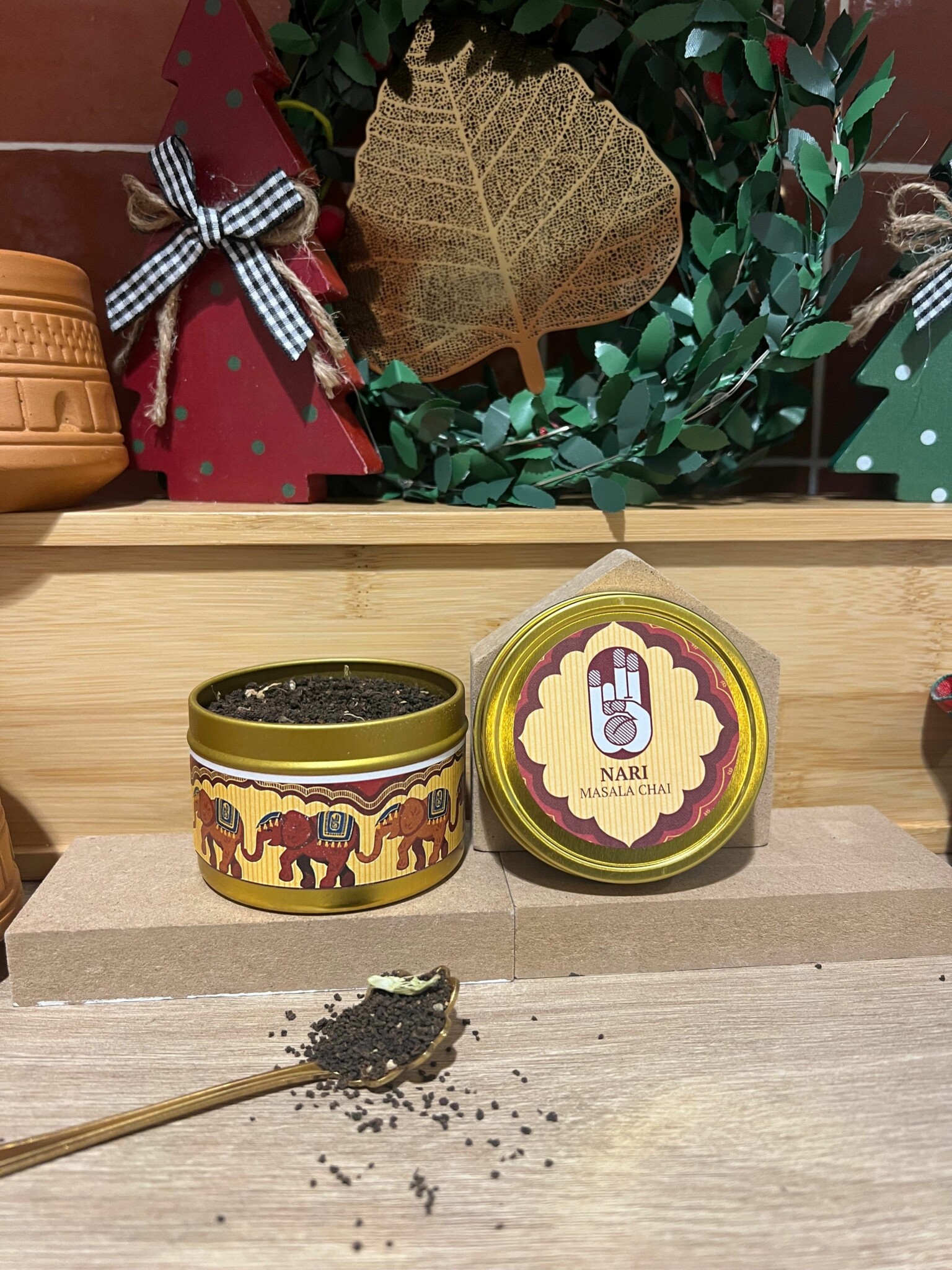
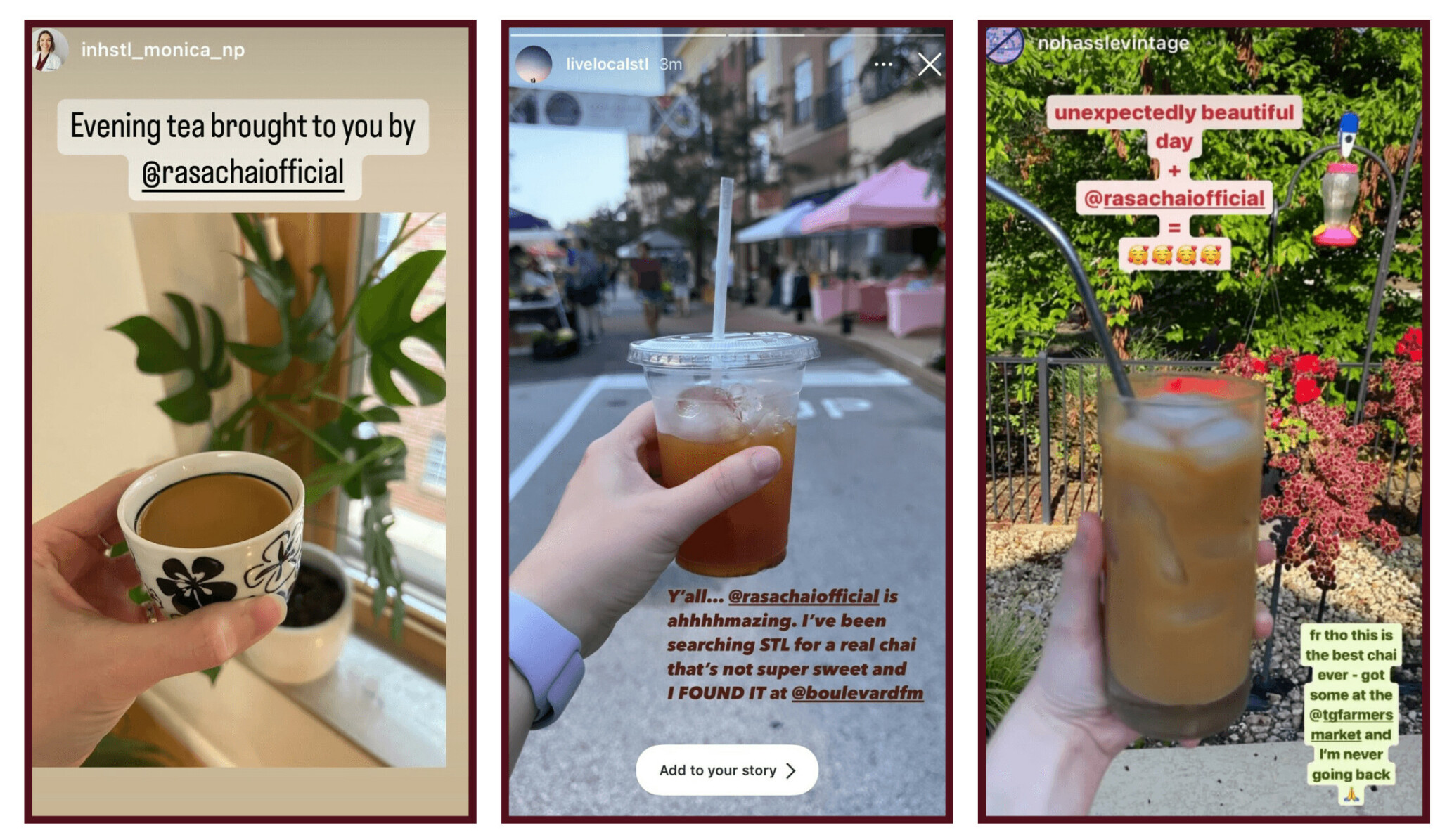
Image Credits
Not applicable


